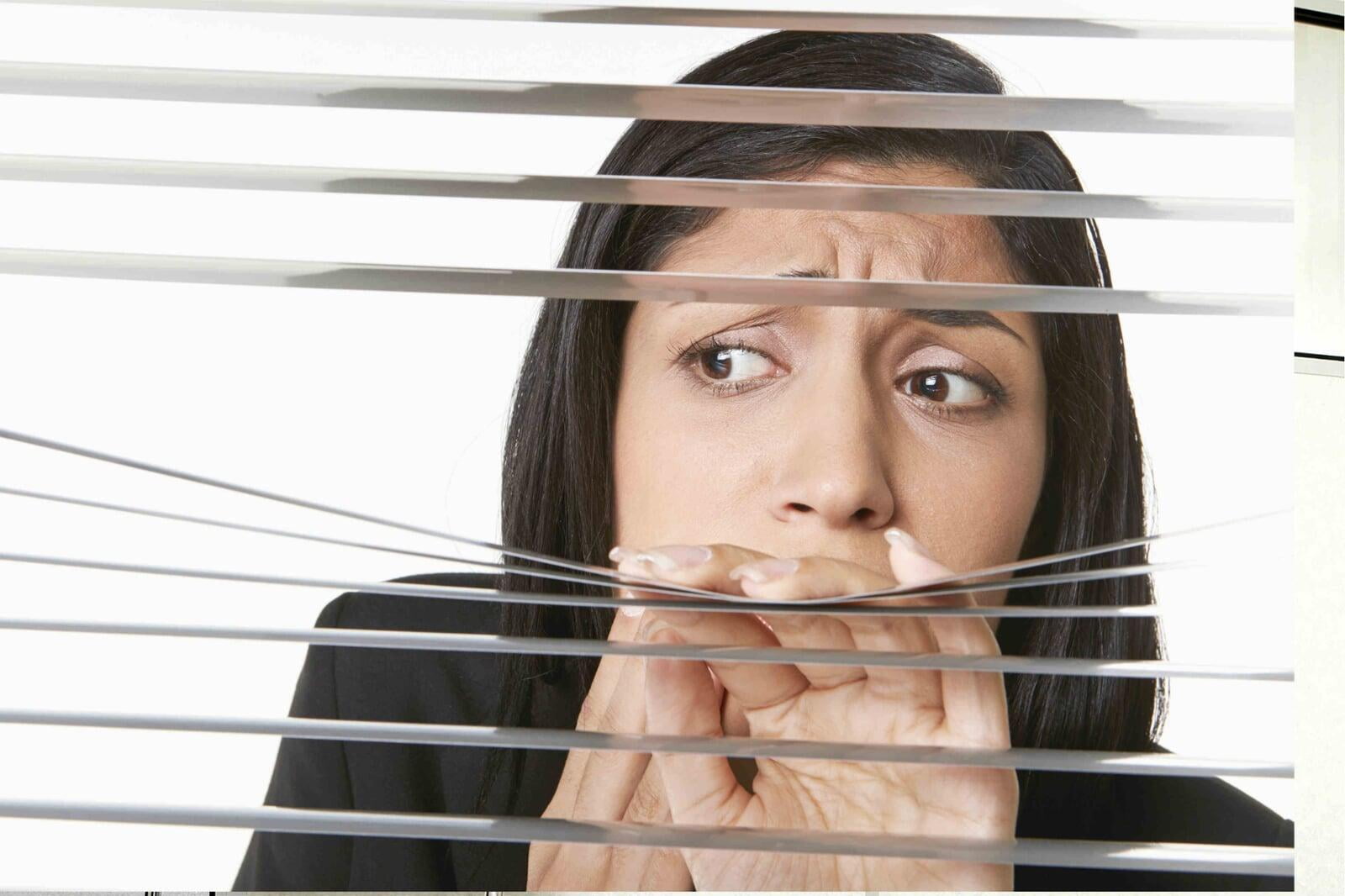Suboxone Treatment
Opioids are a type of medicine used to relieve from pain. Opioids reduces the number of pain signals to the brain so that the patient feel less pain than they actually have. Doctors prescribe this medicine in some specific situations such as dental procedures, injuries, surgeries etc.
Opioid use is safe when we use it by strictly following the prescription given by the doctor. Some people misuse opioids and get addicted to it.
Addiction is a disease which is affected to your brain and your behavior. When we say that you are addicted to something, in the absence of that “something”, you cannot control your brain. In such conditions, our behavior become unpredictable. In the first stages, it is controllable but by the time going the situation will get uncontrollable.
Opioid addiction is such a disease caused by misuse of opioids. That is, opioid addiction is a medical/mental condition that results from changes in the brain in susceptible people because of the over use of opioids. Fortunately, medications and counseling can improve the chances of success. Our providers help our patients with prescription medications like buprenorphine (or Suboxone), along with 12-step programs helping them stay on the road to recovery.
Please call our office for further help.

Some Examples of OpioidsOpioids
- Opium
- Codeine
- Fentanyl
- Heroin
- Hydrocodone
- Hydromorphone
- Methadone
- Morphine
- Oxycodone
- Oxymorphone
- Paregoric
Symptoms of Opioid Addiction
Researches shows that opioid addiction have some symptoms and special behaviors that a person is dependent on the substance. It will cause both physical and mental problems in a person. When use opioids, tolerance develop quickly and so the person will intake the substance in more amount. in the worst stages the addicted person will show a physical dependency to the substance. That means, if he or she stops using the substance, he or she will feel very bad symptoms such as sweating, muscle aches etc.
Early Symptoms of Opioid Addiction
- Altered perception of temperature
- Agitation
- Anxiety
- Dehydration
- Fatigue
- Muscle Aches
- Mental fog or Confusion
- Increased Tearing
Late Symptoms of Opioid Addiction
- Abdominal Cramping
- Sneezing
- Diarrhea
- Dilated Pupils
- Goose bumps
- Nausea
- Vomiting
- Depression
Types of Opioid Addiction Symptoms
There are somany symptoms for the opioid addiction. But all the persons who have opioid addiction will not show all the symptoms. The most common symptoms that shows by an opioid addicted persons can be categorize as mood Symptoms, Behavioral Symptoms, Physical Symptoms and Psychological Symptoms.

Mood Symptoms
- Mood Swings
- Depression
- Anxiety
- Euphoric mood for a few hours
- Irritability

Behavioral Symptoms
- Buildup prescriptions for opiates
- Stealing drugs from other persons
- Hesitate to fullfil their responsibilities
- Diminished the performance in the works or other activities
- Restlessness Social Isolation

Finance Update Release
- Exhaustion
- Respiratory Depression
- Muscle Spasms
- Vomiting
- Constipation
- Itching
- Coma
- Death

Psychological Symptoms
- Addiction
- Memory Problems
- Muscle Spasms
- Halucination
- Exacerbated mental health
- Increase the symptoms of mental illness
- Completely changed the emotional well being

Treatment for Opioid Addiction
Retrieval from the opioid addiction is little difficult. The experienced doctors say that it will take a minimum of 3 months treatment for complete retrieval. In some cases it may take longer periods of treatment. When a person is reduces the use of opioid, he or she will shows the withdrawal symptoms such as sweating, vomiting etc. In that time the person should attend some counselling sessions for get rid of the mind that force him to use the opioid again and again. Before the opioid addiction treatment, let us discuss about some safety measures that we have to apply for protecting each of our family members from this dangerous condition
Medication Safety
Some terrible factors about the opioid addction are coming out nowadays. One out of six children are misusing the prescribed medicine. In the case of teenagers, the number is increasing. Only we can help our children from this danger. So the precautions should start from our home itself.
- Observe all medicines: You should observe all the medicines and its prescriptions carefully before using it. Keep track of number of pills also.
- Store in a safe place: Keep all medicines in a safe place out of reach of children.
- Disposal of expired medicines: In general everyone is careless about the disposal of unused or expired medicine. Our carelessness may cause serious issues in our family. So dispose all the medicines that are unused or expired in a safe method. Beware that, before disposing, remove all the identification information from the medicine.
Management
SA person with opioid use disorder should require long term treatment and care to recover from it. Because we should take care of reducing health risks, reducing criminal behavior and improving mental and physical condition of the person. There is not a single perfect treatment for everyone so somany strategies are developed for the same including therapy and drugs. The ultimate aim of everything is the same – reduce the use of drug.
✔️Medications for opioid withdrawalOpioid withdrawal is difficult to endure, and is a major reason for relapse and continued prescription drug abuse. Medications are used to prevent symptoms of opioid withdrawal during detox, easing the person out of physical dependence:
Buprenorphine alone (Subutex) or buprenorphine plus naloxone (Suboxone) is a newer drug that helps with detox from opioid addiction. Buprenorphine activates opioid receptors, reducing drug craving and preventing withdrawal. Naloxone helps prevent misuse of the medication. Subutex is typically used for acute opiate detoxification, while Suboxone is used either for acute detoxification or maintenance prevention of opiate relapse.
Detox programs are rarely a good solution, and people often relapse after going through them, but it is an important first step.
✔️Opioid Replacement Therapy after Detox
Opiate withdrawal is the condition undergone by a opioid addicted person when there is a sudden reduction in the use of opioid. He felt symptoms such as itching, vomiting, headaches, muscle aches etc. The person should get good counselling during this time because there is a chance of use the drug again by him.
To reduce the opiate withdrawal symptoms, a treatment called Opioid Replacement Therapy(ORT) is there. It is also called Opioid Substitution Therapy or Opioid Maintenance Therapy. In this method, opioid like heroin is replaced with a long acting but less euphoric opioid. Commonly, Methadone or Buprenorphine is used for this treatment. With this treatment, the patient will feel less opiate withdrawal symptoms because there is no sudden decrease in the use of opioid. For the time being, the amount reduces accordingly and person will recover from the addiction.
Opioid Replacement Therapy is the most effective treatment that used to recover from the opioid addiction.
✔️Behavioral Therapy
After completing the Opioid Replacement Therapy, the person will recover from the addiction. Once an opioid addicted person overcome the initial stages of withdrawal, he need a long term treatment for a complete recovery. After that they can return to work, drive without impairment and function normally in society.
Narcotics Anonymous (NA) is an international network of community-based meetings for those recovering from drug addiction. Modeled after Alcoholics Anonymous (AA), NA is a 12-step program with a defined process for overcoming narcotic addiction. Attending and participating in the 12-step program is an effective way to the complete relief. This program include
- Cognitive behavioral therapy
- Motivational interviewing
- Family and couples therapy



